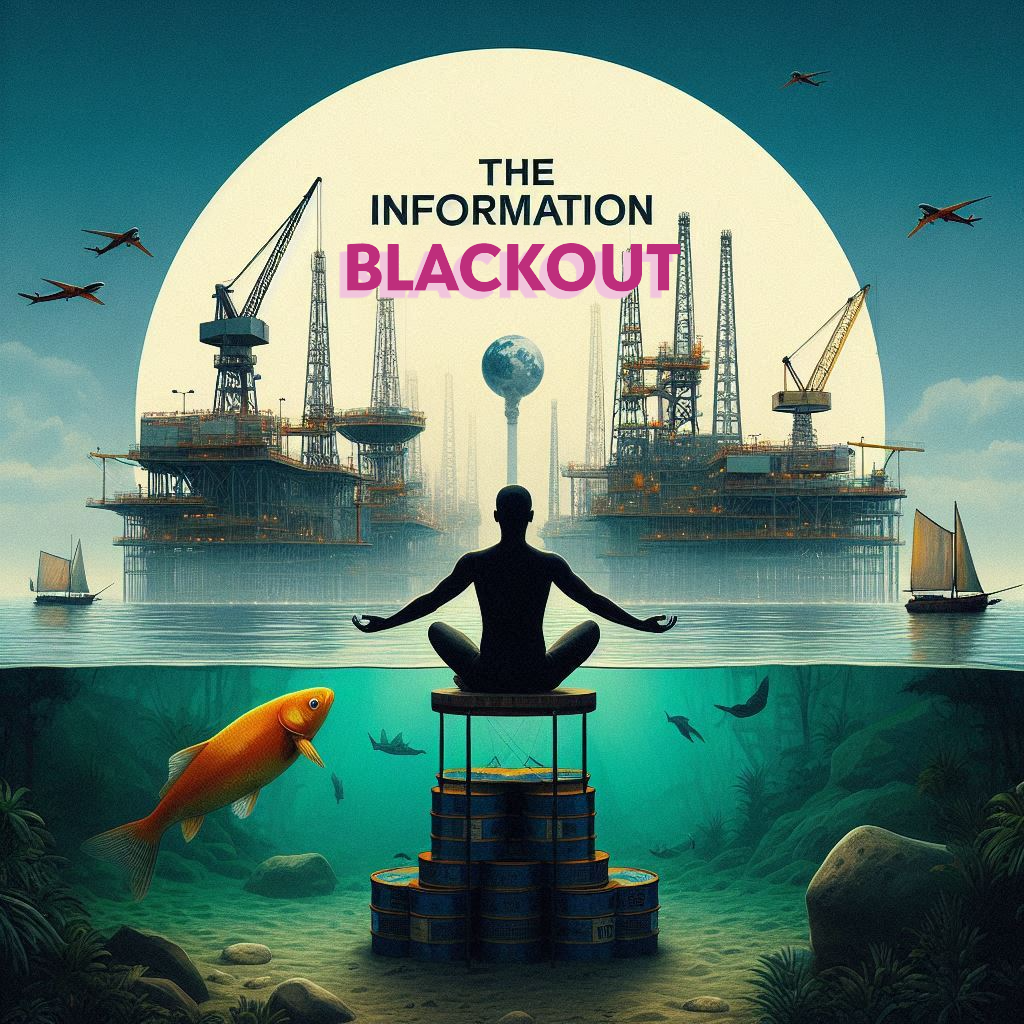Every Man, Woman and Child in Guyana Must Become Oil-Minded – Part 111 – October 27, 2023
Introduction
Today’s column continues with a review of Chapters IV and V of Mr. Trotman’s book. In Chapter IV – Interactions with Exxon and the other Companies, Trotman relates his several meetings with representatives and officials of oil companies whose interest in Guyana ballooned following the May 2015 oil discovery announcement by Esso. President Granger was in some of those meetings, in which case Trotman played a supporting role. For all those meetings, Trotman claims reliance on the GGMC for briefings, and guidance Memos.
In respect of two specific cases – Tullow (British) and CGX (Canadian) respectively – the book notes that at those meetings, the British and Canadian High Commissioners, were present and actively participated “vocally” for specific and direct requests made by the companies, both of which were acceded to by Granger. Contrastingly, Trotman claims that he never had any meeting with US Embassy officers to discuss Exxon, or anything petroleum related.
He also noted the professional approach and conduct of the representatives of the oil companies but reserved his most generous comments for the representatives of ExxonMobil whose professionalism earned his respect.
The Chapter identifies the several local representative bodies Trotman met, including the Gold and Diamond Miners Association, women miners, forest producers and manufacturers.
To emphasise the primary role played by President Granger, Trotman cites in addition to the Tullow and CGX instructions, the President’s declaration in his inaugural address as taking responsibility for the regulatory landscape for the petroleum sector, and, importantly, in response to Trotman’s hesitancy on signing even after Cabinet had approved the Cabinet Paper on the 2016 Agreement, the instruction coming out of a meeting the President had with him and other ministers that Trotman should “sign forthwith”.
Chapter V – The Petroleum Agreement
The dramatic Presidential decree issued by Venezuela claiming all of the territorial waters of Guyana’s exclusive economic zone, including the Stabroek Block, following the announced oil discovery was, according to Trotman, the trigger for the inextricable link between diplomacy, territorial integrity and the ExxonMobil relationship.
Trotman also links the signature bonus – disingenuously claimed by him as no secret – with the assembly of a world-class legal team, supported by the best experts to present Guyana‘s case before the International Court of Justice for the defence of the country’s territoriality and sovereignty. Trotman relates as two consequential successes, the representations made by the team in November 2022, and the ruling by the Court accepting jurisdiction in the matter.
The chapter then addresses the signing of the PSA on 27 June 2016, about which Trotman claims criticisms ranged from the “sublime to the downright ridiculous”. Seeking to rebut an unspecified claim that the 2016 Agreement is the “worst of its kind”, he claims that it is no different from the 1999 Agreement signed by Janet Jagan and other PSAs signed with CGX, Anadarko, Mid-Atlantic and Ratio. Defying basic logic, Trotman fails to recognise that comparing pre-discovery agreements with those companies and a post-discovery agreement like Exxon’s, is not only like comparing apples with coal but reflects a complete lack of knowledge and understanding of the then governing legislation.
That legislation allows the Minister to enter into a single Agreement not inconsistent with the Act (emphasis added) and subject to a clearly defined time limit. All the experts in the world, and all those who he paid so handsomely, could not make legal what was legally impermissible, bridging deed or no bridging deed. Trotman claims credit for negotiating an increase in the royalty from 1%, which he incorrectly claimed had to be paid by the Government of Guyana, to 2% which is not cost recoverable.
Again, using the straw man argument, Trotman claims that many so-called experts had claimed that the 1999 agreement did not cater for the eventuality of production. It would have been honourable of him to identify those he disparagingly described as so-called experts. One did not have to be an expert to know that several of the Articles and Annexes of the 1999 agreement dealt specifically with production.
The book recalls a meeting on the margins of the United Nations General Assembly in September 2015 between Exxon’s “highest official” and the Guyana delegation at the UNGA at which they discussed Exxon’s presence in Guyana, the plan for production and the potential threats from Venezuela. While Totman was not at that meeting, he was subsequently advised that these would form the context of an expected visit to Guyana by Exxon. There is another reference to the meeting in Chapter VII in which he was told by Minister Greenidge that he “needed to facilitate and accommodate”.
In discussing the signing bonus, Trotman claims confusingly that there was little discussion about a new contract but rather about fulfilling a mutual need – Guyana’s need for financial assistance to fight Venezuela at the International Court and Exxon’s need for a certain, stable and secure contract. Exxon however argued that it had to find a way to pass the money through a legal means! Apparently, Exxon considered a signing bonus as illegal. According to Trotman, that is where the idea of a new contract and the signing bonus was raised.”
He thereafter consulted and received Cabinet’s approval, and on that basis proceeded to find a way to solidify the relationship as a development partner with Exxon.
In another of his Trotman’s straw man argument, he accuses unnamed persons of pursuing a false narrative about corruption and impropriety over the signing bonus. In fact, public concern was about the government‘s refusal to release the Agreement , and its denial of a signing bonus, with one Minister describing such an assertion as a “figment of imagination”. The chapter also discusses the Bridging Deed which was never acknowledged until the release of the 2016 PSA in the dying days of 2017. Trotman discloses that Sir Shridath Ramphal played a prominent role in the Deed but does not disclose Ramphal’s roles as Escrow Agent and effective guarantor of the 2016 Agreement.
Trotman acknowledges that Cabinet approved the signing of the new agreement on the basis of a Cabinet memo containing “a brief on all of the main clauses that required approval”. However, even after such approval, he relates that he and his Legal Officer “harboured some discomfort about signing” , which he claims, “did not go down well with Exxon top brass”. This caused an Exxon team to rush down to Guyana to meet with the President and some unidentified ministers from which the instruction was: Proceed with the signing of the Agreement forthwith.
The chapter discloses that prior to the tabling in the National Assembly of the Order to approve the tax concessions specified in the Agreement, he had been informed that the Leader of the Opposition had been “briefed” on them and “would offer no objection.” Trotman claims that unanimous approval was granted on 8 August 2016, more than fifteen months before the Agreement was released to the public. It reports too, that the same persons had cautioned him about disclosing too much on the specifics of the June 27 agreement, except that it had been signed and to mention “some of the provisions.”
As column 110 noted, the book also included the Minutes of a meeting of the Parliamentary Sectoral Committee on Natural Resources, held on 18 May 2018 comprising chairman Mr Odinga Lumumba and eight members, none of whom seemed particularly familiar with the Agreement or the relevant legislation. At the next Cabinet meeting, Trotman was chided for being too candid about the facts and providing “too much information to international observers and detractors.”
The chapter ends on the sour note that Trotman was becoming “weary of carrying the burden of the agreement alone and wanted to speak out some more”. Perhaps, the book has given him that belated opportunity.
By Chris Ram
Article Originally Published At: https://www.chrisram.net/?p=2376











